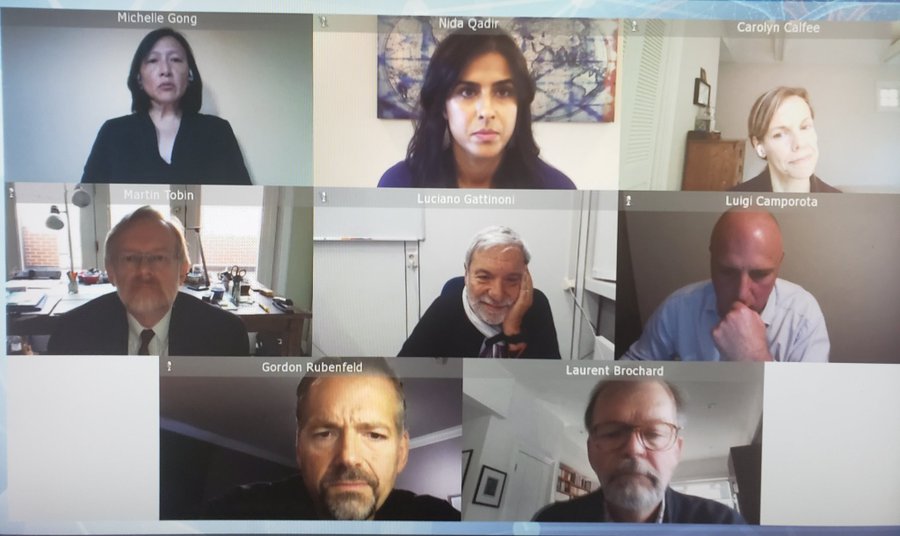
Just published in @bmj_latest, an update to our @WHO living guideline on drugs for #COVID19 – this update focuses on #remdesivir & was informed by the results of 4 trials w/7,333 participants – ACTT-1, SOLIDARITY, Spinner (JAMA), & Wang (Lancet). tinyurl.com/y4svlcyn 

Summary: based on currently available data, there is insufficient evidence that #remdesivir improves patient-important outcomes ➡️ thus, a conditional (weak) recommendation against the use of remdesivir in hospitalized patients with #COVID19.
A conditional, or weak, recommendation against #remdesivir means that, based on current data, the undesirable effects probably outweigh the desirable effects, but substantial uncertainty exists. With this in mind, we very much felt that trials of remdesivir should continue.
When making this recommendation, outcomes thought to be most important were:
1. Mortality
2. Need for & duration of mechanical ventilation
3. Time to clinical improvement
4. Treatment-related serious adverse events.
We also considered factors such as resources & feasibility.
1. Mortality
2. Need for & duration of mechanical ventilation
3. Time to clinical improvement
4. Treatment-related serious adverse events.
We also considered factors such as resources & feasibility.
One concern was the importance of not drawing resources away from best supportive care – staff & resource limitations have already been issues throughout the #pandemic. It’s not exciting to talk about best supportive care, but no medication will be effective in its absence.
Many areas of uncertainty remain & it's not clear that #remdesivir is ineffective. Do specific groups of patients benefit? Would #steroids impact the results? The mortality benefit of steroids hadn’t yet been established during much of the time remdesivir trials were enrolling.
Research is continuing & evidence has been evolving at a rapid pace. Our update is part of a living guideline, which will continue to be updated as we learn more about therapies for #COVID19. And as always, it was an honor working on this guideline w/ so many outstanding people.
@diazjv, @Bram_Rochwerg, @ThomasAgoritsas, @RSiemieniuk, @DrMCecconi, @leticiakawano, @arthurkwizera, @HeikeGeduld, @PerVandvik, @ArnavAgarwalMD & many others not on Twitter.
• • •
Missing some Tweet in this thread? You can try to
force a refresh




